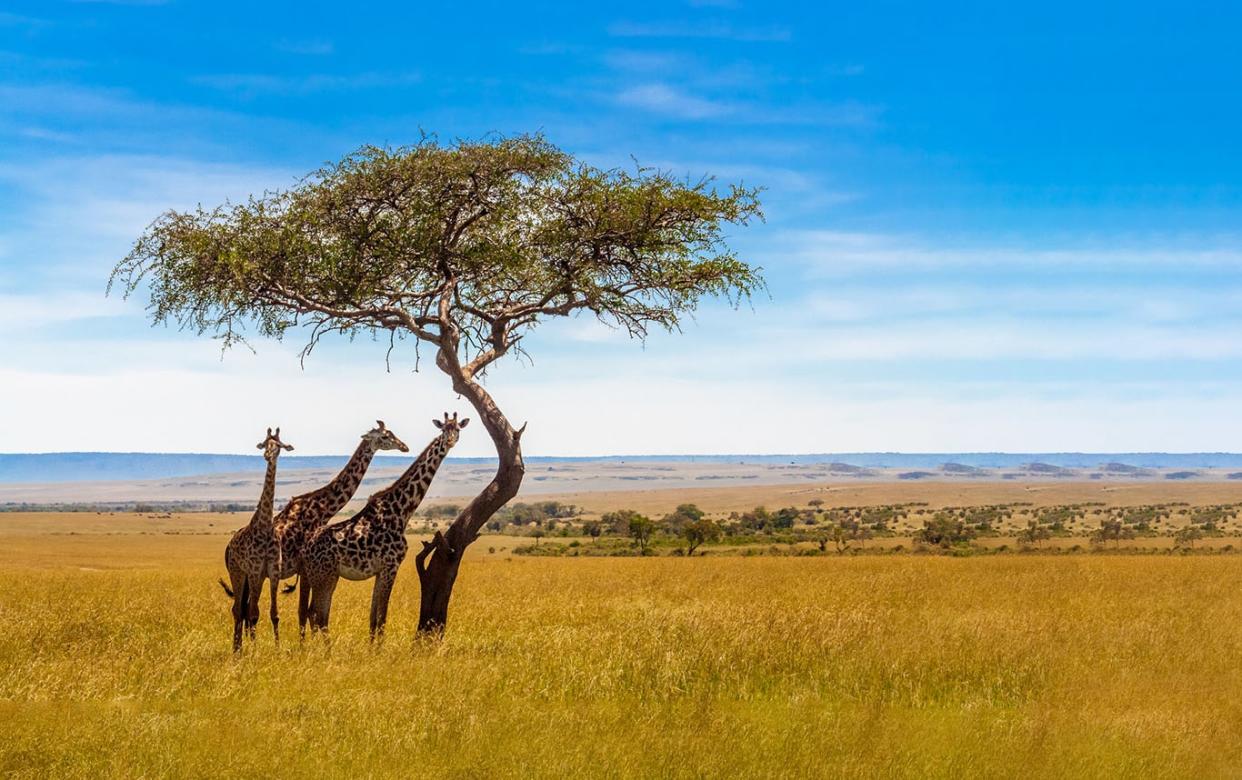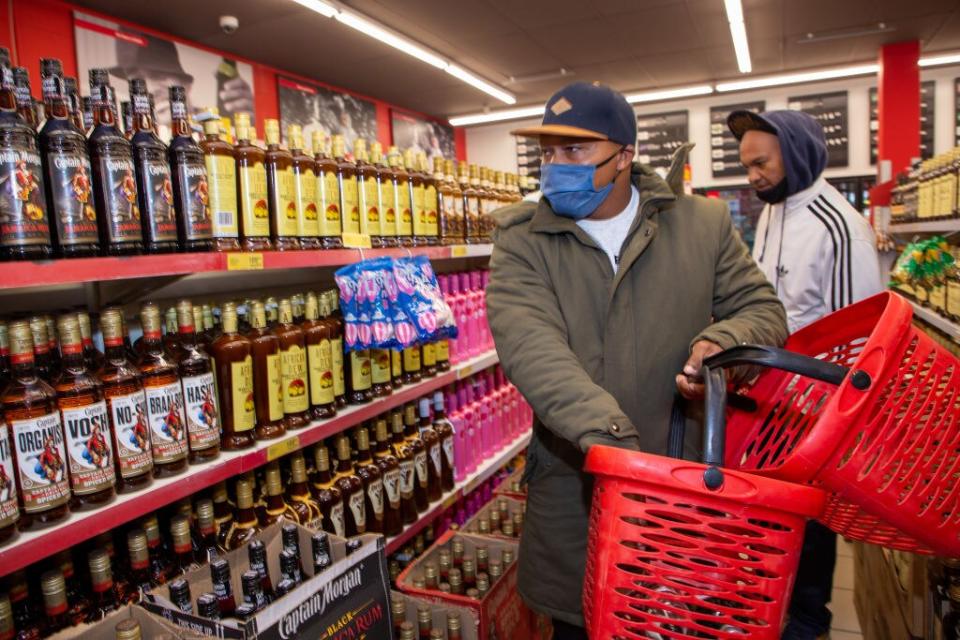South Africa to remain closed to tourists until 2021

Despite many countries around the world preparing to open their borders to tourists, a holiday in South Africa will likely be off the cards until 2021
Those wanting to travel to South Africa will have to be patient, after it emerged that the South African government isn’t planning on opening to tourism until next year.
Like much of the rest of the world, South Africa went into lockdown in March, and is now beginning to ease restrictions for residents. As of June 1, curfew and restrictions on outdoor exercise have been lifted as part of Level 3 of its lockdown plan. Schools have begun to reopen and alcohol can also be sold for home consumption.
One thing that isn’t returning to the country anytime soon, however, is international tourism.
After a briefing from South Africa’s Department of Tourism on May 27, it was reported that domestic tourism won’t resume in full until December 2020, and international tourism won’t resume in South Africa until February 2021.
“Based on the COVID-19 epidemic expected trajectory, the first phase of the recovery for the sector will be driven by domestic tourism, followed by regional tourism and international tourism next year,” confirmed Tourism Minister Mmamoloko Kubayi-Ngubane in another announcement on May 30.

These dates could still be brought forward however, depending on the country’s infection rate, said Kubayi-Ngubane, and it seems plans are already accelerating to resume domestic travel sooner than expected.
“The past two months of lockdown have been difficult for the tourism sector,” said Kubayi-Ngubane. “We continued to see many businesses in the sector fighting for survival and our projections showed that almost 600,000 jobs were at risk if the sector doesn’t come into operation by September 2020.
“This reality led to both the government and private sector working together... to get the sector back into operation. As we open up the sector, we are therefore confident that measures have been put in place to protect our employees, suppliers, tourists and all those who are involved with the sector.”
Under Level 3, restaurants are now allowed to supply food takeout and delivery. Tour guides and travel agents are allowed to operate again, public and private game farms have been opened for self-drive excursions and hiking is now permitted. The next phase in the resumption of domestic tourism remains unclear.
A Tourism Recovery Plan is also being drafted by the Portfolio Committee to help local economies endure a summer, autumn and winter without international tourism. A Tourism Relief Fund has also been instated, “to ensure that SMMEs (small, medium and micro-enterprises) in the tourism sector survive the crisis.”
The lengthy wait for international tourism isn’t unsurprising however. South Africa has had one of the strictest lockdowns in the world, with only grocery stores, pharmacies and essential service suppliers allowed to operate.
However, despite such strict measures, cases have continued to grow; around a third of the country's 29,000 infections occurred less than two weeks ago.
“We should expect that these numbers will rise even further and even faster,” South African president Cyril Ramaphosa said in a televised address on May 24. “The coronavirus pandemic in South Africa is going to get much worse before it gets better.”
This put the South African government in a difficult spot. Tourism in South Africa is huge, and makes up nearly 9 per cent of the country’s GDP, so it will be vital to the country’s economy – which is already predicted to shrink by 7 per cent this year – to get it reinstated.
The news is particularly disheartening for South Africa’s long-suffering aviation market. South African Airways entered business rescue in December 2019, while Comair and subsidiary Kulula entered business rescue just a few weeks ago.
Some relief has come in the restarting of domestic flights for business purposes in the country on June 1. But the longer domestic and international travel to South Africa remains closed, the longer these airlines remain grounded, putting their future at risk.


